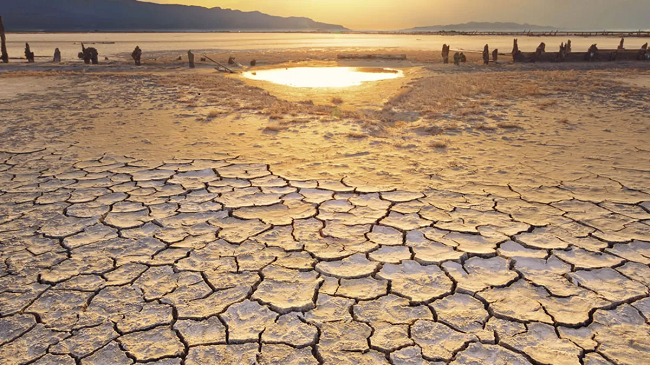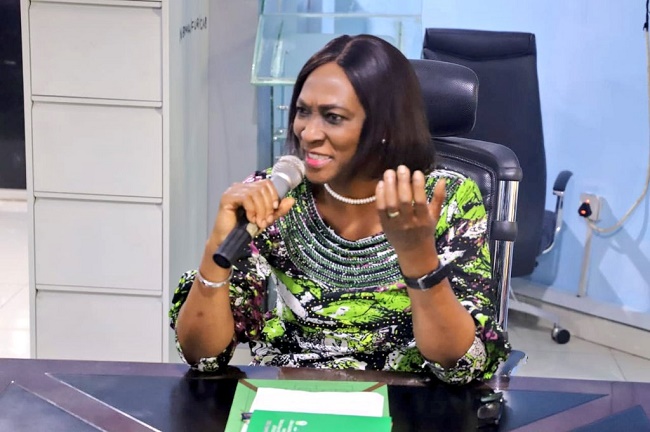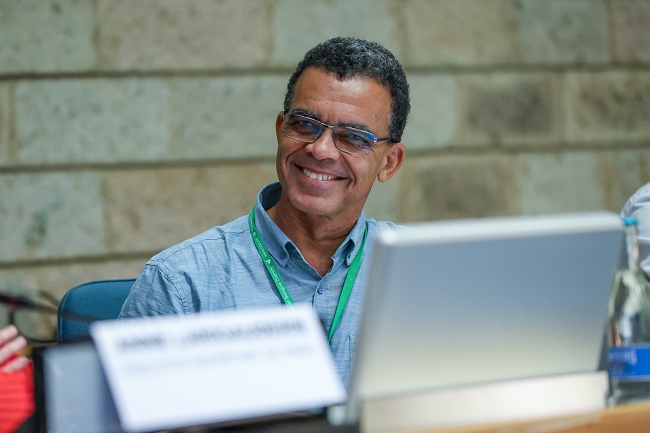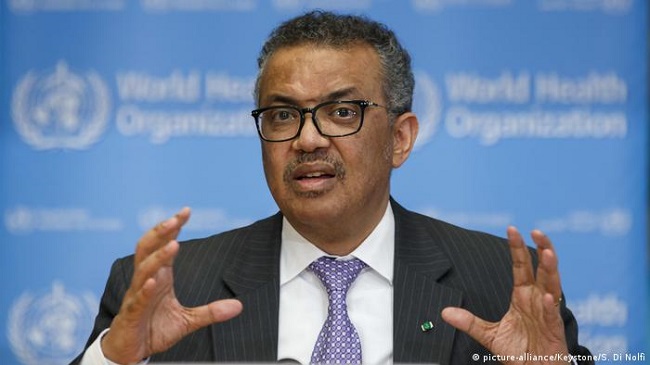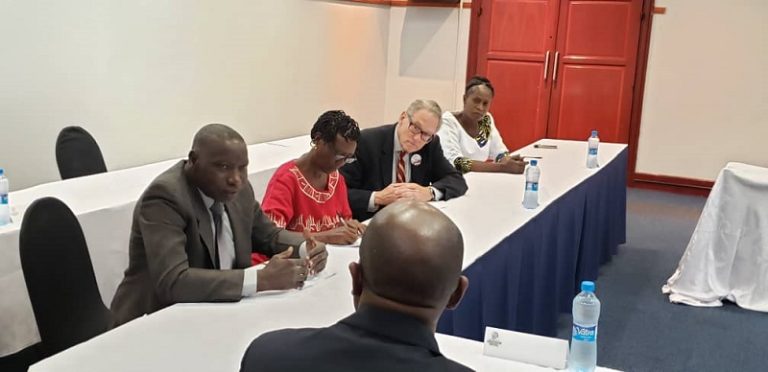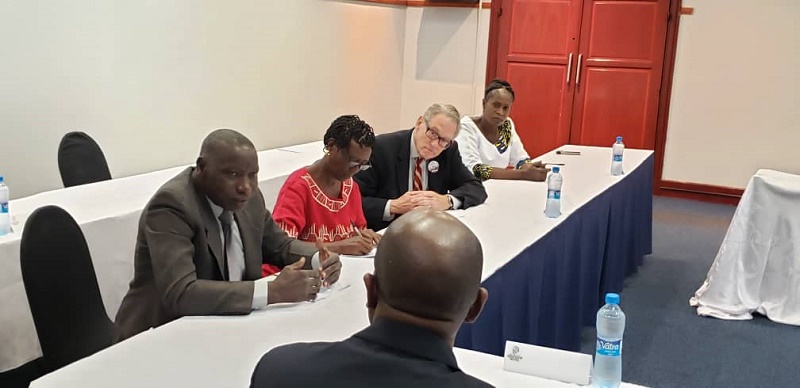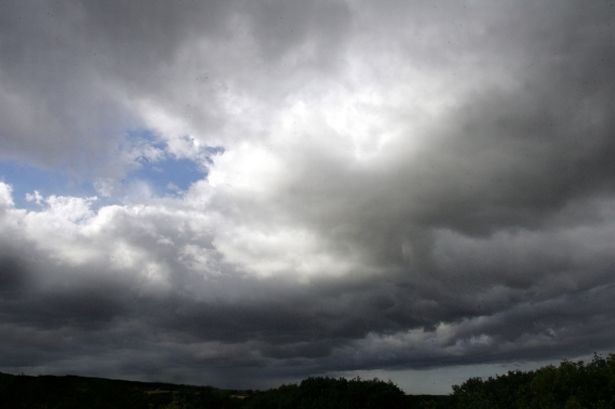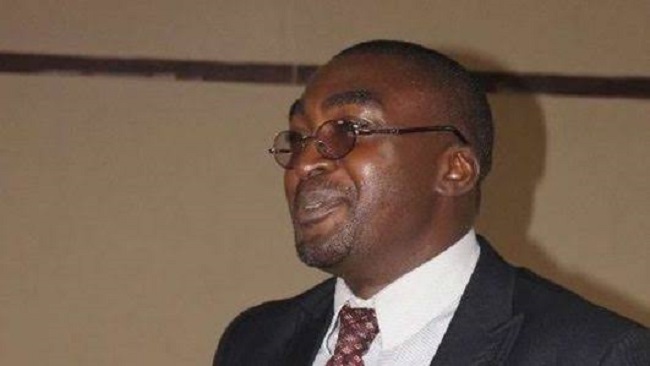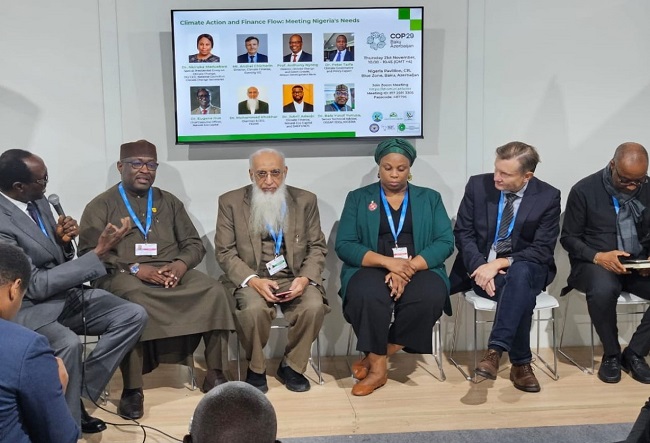As the curtain falls on 2024, taking stock in retrospect of what the year has been like, the wins, the loss and everything in between ought to be guides for managing further lifestyles.

Critics note that although a number of people have shown how resilient, frugal and courageous they could be in the face of social and economic challenges, it does not mean that they have not been affected adversely by the global economic challenges that have drastically affected the country’s economy.
With the staggering economic challenges, everyone is looking for a way out, and a lot of families can’t be with their loved ones, critics note further.
According to them, the coming celebration of yuletide and new year which usually bonds family and loved ones, might be also affected.
“This will probably be the most boring Christmas for me,” says Mrs. Edith Orji, a resident of Lagos, noting that she will the yuletide alone because her husband had travelled out of the country for better economic situations.
“When someone who has three shops, decides to travel for greener pasture, you know it is really tough. We are doing well but these days nothing seems to be working.
“I’m honestly not looking forward to celebrating the yuletide as it will have been with my husband; he has yet to find his feet and we may not be able to send gifts to our families in the village,’’ she said.
For Mrs Alarape Lawrence, also a resident of Lagos, the reality of the social-economic situation in the country has normalised family living far away from their loved ones.
“Back in our days, Christmas used to be a family fun affair, that’s when everyone came around, cousins, nieces, nephews and other distances relatives converge to create memories.
“But these days, everyone is looking for a way out of this country either through school or work, in our days once you are done with school you come back home. Our daughter came for Christmas; it was a joyous occasion for us all.
“No amount of money can take the place of physical presence, as Africans, that’s what makes us unique, I know economically everyone is struggling, but at the end of the day, family is important,’’ she said.
Mrs. Kamiye Sanni, a 65-year-old widow, also said that the reality of losing a loved one “hits harder during the festive period such as Christmas.
“It’s going to be like a regular sad day for someone that is dealing with grief; this year has tested me the most, hoping for a better new life ahead.
“In my circle of life, a lot of people I know are dealing with a lot, as we are living life is happening to us, we all need to be kind to one another.”
But optimists insist that as long as we are alive, citizens should pray and hope for the best, while sowing the seed of love, kindness and peace.
Perceptive observers insist that with the persistent increase in food items and cost of transportation, among others, citizens should be worried about living.
However, Minister of Finance and Coordinating Minister of the Economy, Wale Edun, said that the government would strengthen the foreign exchange market and the economy.
He said that the government would also raise raising revenue by looking at other sources of investment funding, attracting investment funds and equity funds.
Similarly, President Bola Tinubu has promised that his administration would ensure significant reduction in cost of living across the country, especially as it concerns food costs.
Concerned citizens have also noted that although the Federal Government has taken some measures to ameliorate the hardship in the country, the impacts are not felt much.
The measures included upward review of the minimum wage in the country, subsidised food items and inputs supply to farmers to boost food production in the country.
Irrespective of these measures, economists advise the citizens to invest during economic downturns.
They advise further that diversification, focusing on stable companies, and dollar-cost averaging can help manage risk.
They call on families to rely on home-cooked meals, utilise public transportation in most occasions, reduce social activities and buy food stuff in bulk, among others.
By Aderonke Ojediran, News Agency of Nigeria (NAN)


